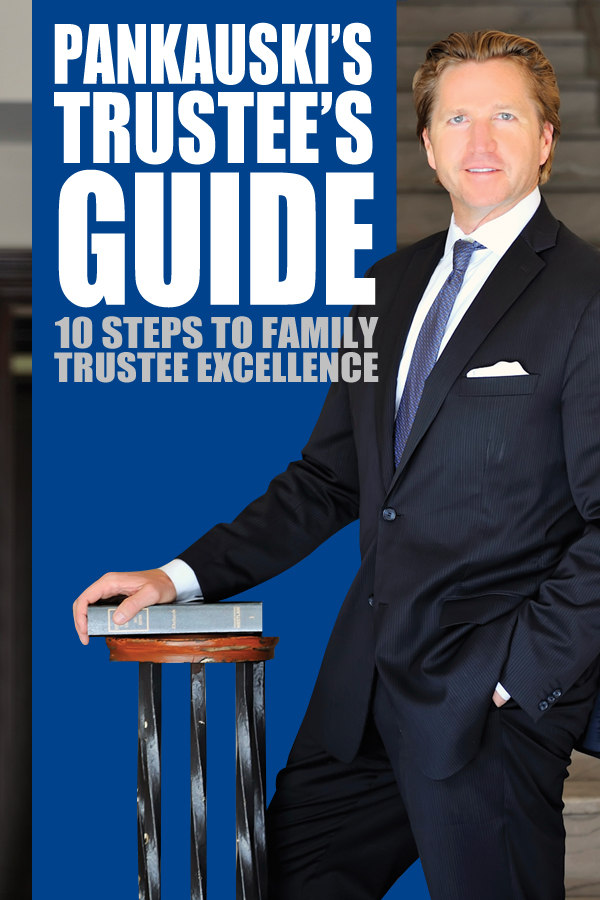
What is a power of appointment Florida and do trust beneficiaries ALWAYS get an accounting? A 2021 case from Florida, and one statute, tell us more. What is a power of appointment? A power of appointment is a right, or authority, or a power, to give someone property. Usually trust property — what’s in the trust To appoint the property to another. Or estate probate like in a probate, under a will. This also means that–and this is IMPORTANT– the “holder” of the power can NOT give you property. Yup! These powers are typically “flexible” in the sense that you can give property among a few beneficiaries or a class of family members. Just who can inherit or who “gets” the power is up to the person whose property it is. Like a wealthy grandmother who creates a trust. Or a successful corporate executive mother who dies with a will. Most common example What’s the most common example of a power of appointment? Let’s say that mom leaves a trust that benefits your sister for her life At your sister’s death, the trust says: “Upon [sister’s] death, Sister has the power to appoint the trust to her siblings or issue.” That means that Sister can “give” the trust to her descendants or to you (or other siblings.) How to read the trust + what to look for Here is a laundry list of these that you will want to know: Who created the trust? Who created the power? Who holds […]








